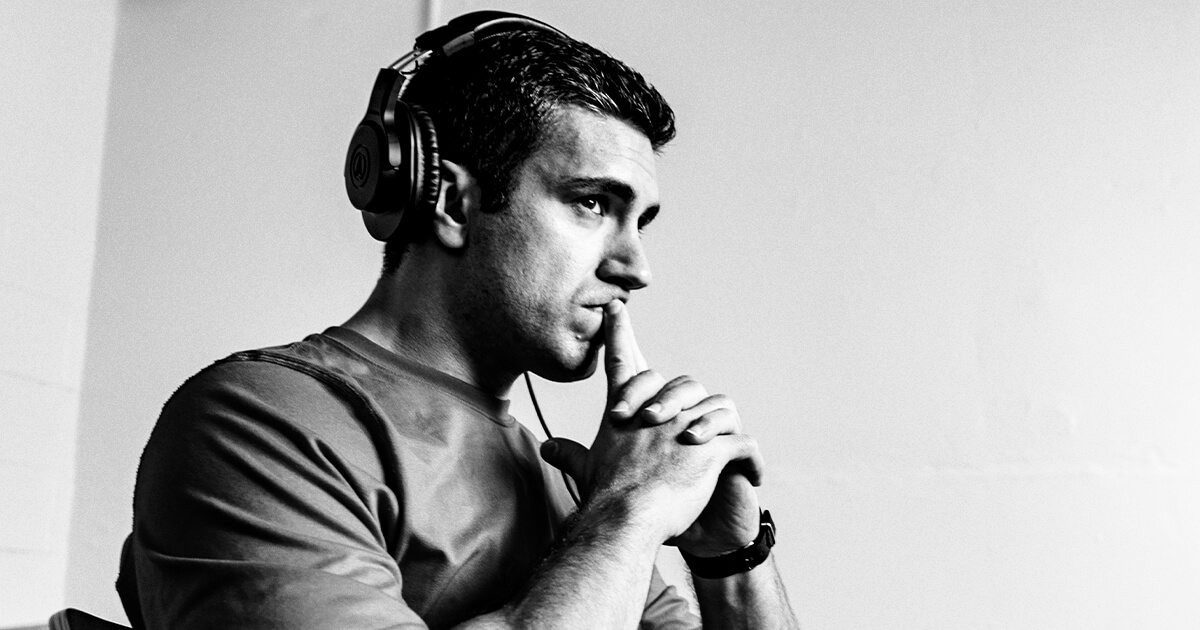Wherever it is found, poor listening does great damage to communication and the effective exchange of information and ideas. Poor listening hinders the sharing of thoughts and feelings. It weakens organizational culture and undermines performance. It cripples teamwork and collaboration. It sabotages marriage and parenting. Poor listening damages any relationship, personal or professional.
Better listening, on the other hand, makes everything better.
To really hear and understand what someone is saying requires an open heart and a disciplined mind. There are layers to what someone is thinking and feeling, and to actively listen requires peeling back the layers. That kind of listening can be difficult and time-consuming work. If you care, you will do the work. If you don’t care, you won’t do the work.
The heart challenge is that we tend to be self-oriented. We get preoccupied with our own ideas and opinions and fail to listen carefully to the perspective of others. This makes us quick to dismiss the opinion of other people and just as quick to defend our own point of view. A heart of humility, curiosity, and caring is essential. It doesn’t mean your ideas and opinions don’t matter. It simply means putting your opinion on hold for a season so you can focus on the other person and seek to understand. Listening and self-centeredness are incompatible.
The mental challenge is that the mind processes information 4X faster than the average person speaks. This mismatch in processing speed can cause our mind to drift away from truly listening and failing to hear what someone else is saying. The result is we tend to listen to our own inner commentary more than we listen to the other person.
Here are four mental obstacles that get in the way of listening:
- Focusing on what you want to say next. The other person is talking, and instead of listening, you are thinking about and preparing what you want to say in response. This is an easy trap to fall into, and it happens with great frequency. In order to listen, you must develop the self-awareness to tune out the voice in your head.
- Jumping to conclusions because you assume you understand. It’s easy to rush to a conclusion without listening and getting the info that matters. Sometimes you think you understand, when in fact you don’t. Don’t assume. There is almost always more to the story.
- Critiquing the person rather than seeking to understand. People have quirks, habits, and idiosyncrasies when they communicate, and it is easy to fixate on those mannerisms, get distracted, and fail to listen.
- Thinking about something other than what the person is saying. Let’s face it, our minds wander and we are easily distracted. Remember, our minds process information faster than people can speak. Further, there are times when we just are not very interested in what the other person is saying. Once again, this is where the discipline of caring comes in.
If you want to communicate, connect, and collaborate, you must first listen. If you want to listen, you must make the discipline-driven decision to care. Do not let how you feel get in the way of how you listen.
Keep your heart open and your mind disciplined. Better listening makes everything better.


